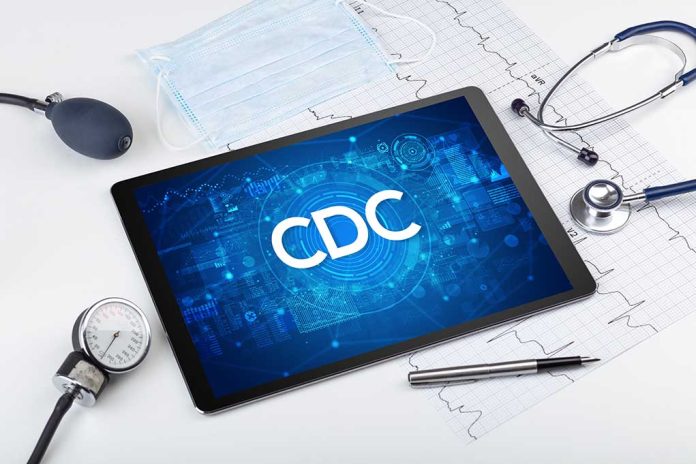
The CDC has dispatched a rapid response team to Texas to combat a burgeoning measles outbreak, raising the question of how seriously the situation will escalate.
Key Takeaways
- The CDC has deployed specialists to Texas to control a significant measles outbreak.
- Epi-Aid partnership with Texas facilitates federal involvement.
- 159 cases reported, concentrated in Gaines County, Texas.
- 80% of cases are in unvaccinated or unknown vaccination status individuals.
- CDC supplies Texas with resources including MMR vaccines for containment.
CDC’s Rapid Intervention
The Centers for Disease Control and Prevention (CDC) has sent a team of “disease detectives” to West Texas, responding to a severe measles outbreak. This move signals increased federal intervention in local health emergencies. A formal invitation from Texas health officials, known as an Epi-Aid request, was necessary to mobilize the CDC’s infectious disease specialists, marking a significant step in managing the crisis.
As part of its response, the CDC is coordinating efforts with the Texas State Department of Health Services. The outbreak has resulted in 159 confirmed measles cases, leading to 22 hospitalizations and tragically, one child fatality. The affected zone is mostly around Gaines County, showcasing the urgent need for intervention strategies to curb further spread.
Federal Partnership and Support
To combat the outbreak, the federal government has provided technical and material assistance, including 2,000 doses of the MMR vaccine. These measures highlight the collaboration between state and federal bodies in managing the health crisis. The CDC is emphasizing preventive measures, considering that 80 individuals among the 159 cases were unvaccinated, while 74 have unknown vaccination statuses. This underscores the critical role of vaccination in controlling the spread of measles, a disease preventable by the highly effective MMR vaccine.
“The measles outbreak in Texas is a call to action for all of us to reaffirm our commitment to public health,” said Department of Health and Human Services (HHS) Secretary Robert F. Kennedy, Jr. “By working together — parents, healthcare providers, community leaders, and government officials — we can prevent future outbreaks and protect the health of our nation.”
Despite the proactive steps, Health and Human Services has updated CDC guidance on measles management. This includes the use of vitamin A for treating affected children with malnutrition, although vitamin A does not prevent infection. Looking forward, the Texas Department of State Health Services still anticipates more cases in the coming days.
Addressing the Vaccination Debate
The involvement of the CDC in managing the Texas measles outbreak has provoked discussion about the importance of vaccination. With an outbreak of this magnitude, the role of the MMR vaccine, showcasing an effectiveness rate of over 97% in preventing measles, has become a focal point. The challenge is educating and encouraging residents, particularly those hesitant or skeptical about vaccines.
Federal agencies continue to highlight the significance of vaccination, not only to those affected but as a preventive health measure for the community at large. With the ongoing support from government entities, Texas is equipped to undertake the monumental task of quelling the outbreak and returning to health stability.
Sources:
- C.D.C. Sends ‘Disease Detectives’ to Texas for Measles Outbreak – The New York Times
- CDC team assisting with Texas measles outbreak as case total rises



